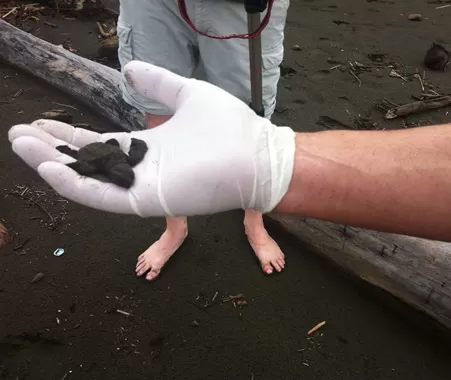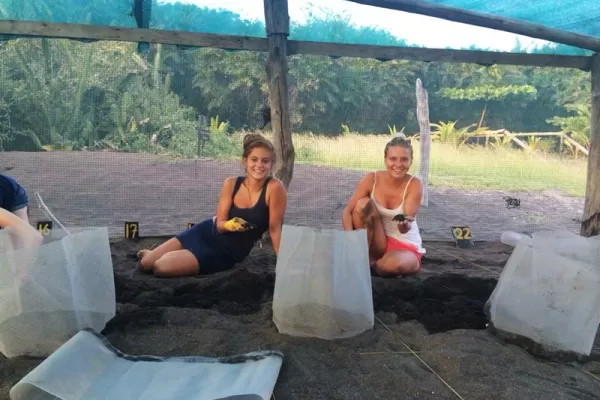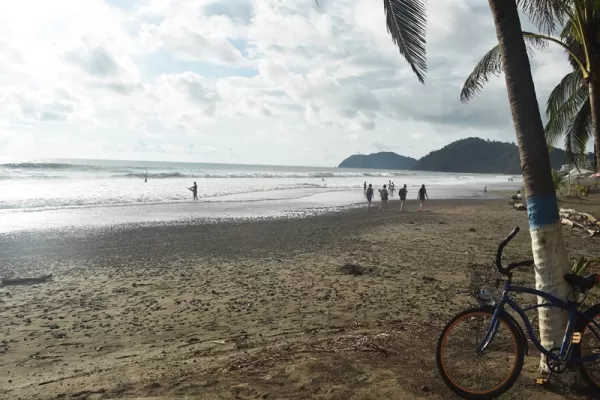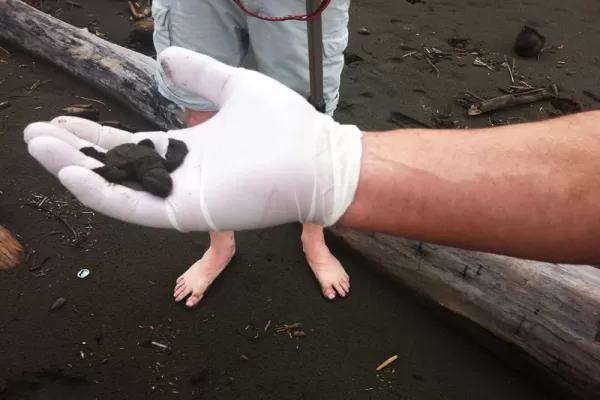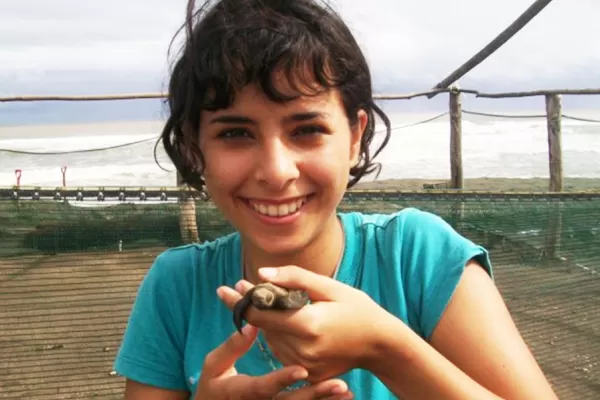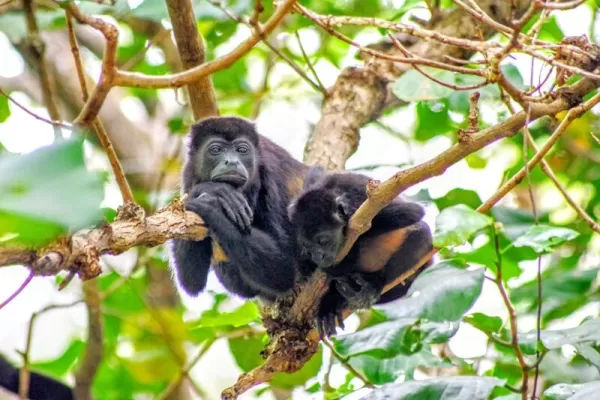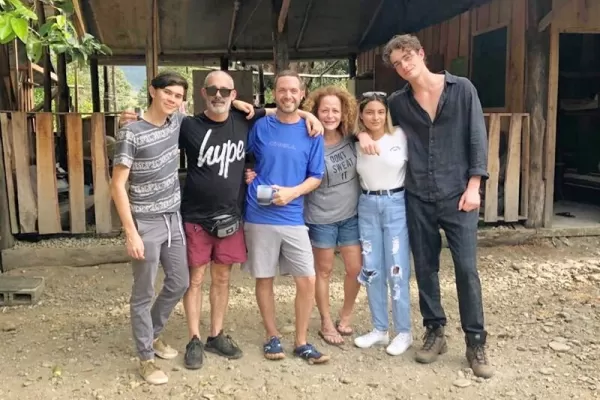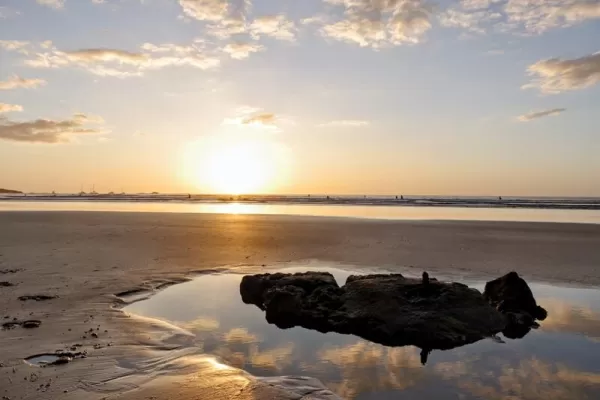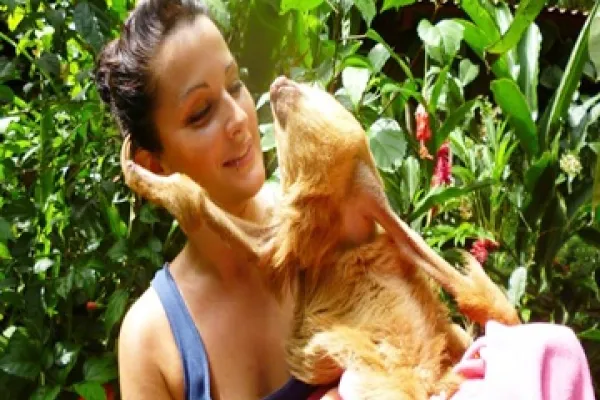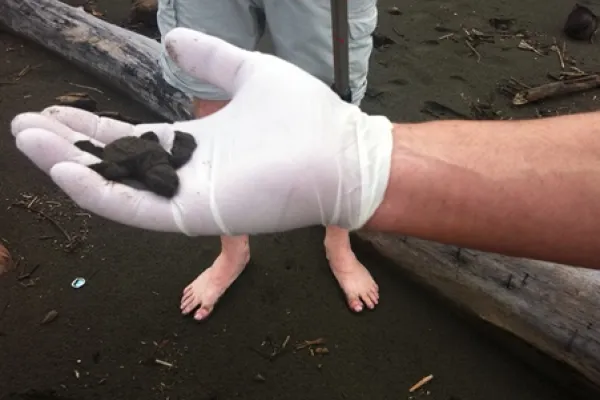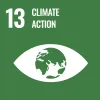Overview
Project Requirement
Project Requirement
Schedule a Google Meet with a Program Advisor
Interested in our programs? We're here to provide expert guidance
- Get Detailed Info
- 20 min One -on-One meeting
- Get expert advise
- Application Guidance
Photo Gallery
Living
Living
Dates
Dates
Costs
FAQ's
Reviews
Reviews
More projects in Costa Rica
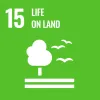
-
4-6 Weeks
- From $1350

-
1-12 Weeks
- From $699


























